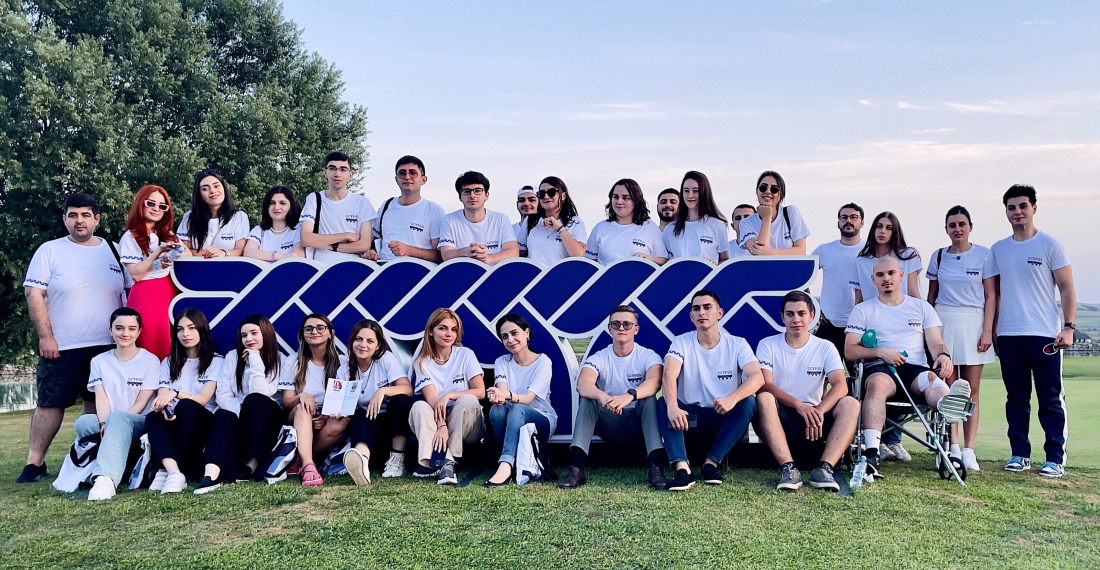“Religion will play a more effective role in the establishment of peace when we do not offer our believers only religious dialogues or other formal formats, but we call and teach them to firmly adhere to the divine blessing, the doctrines that from time immemorial teach us to love our neighbour, condemn violence and inspire us to be at peace with ourselves and with the world.
The role of religion in peacemaking is what it should always have been - to preach love, including of those who are different from us, those who are not like us. There is a lot of material for this kind of teaching in the Caucasus region, and not using it is an important missed resource, especially if we take into account the fact that the vast majority of the population of our countries consider themselves believers.”
This was stated by His Grace Metropolitan Grigoli, Archbishop of Poti and Khobi whilst addressing participants of the first South Caucasus Youth Peace Summer School (SCYPSS), which is being held in Kachreti, Georgia from 21-31 August 2023.
In a speech to the participants of SCYPSS on Wednesday, 23 July, Metropolitan Grigoli, who is also Rector of the New Georgian University in Poti, discussed the concept of peace in Caucasian thinking and offered various frameworks from the work of Caucasian thinkers and philosophers that can help in the process of peace-building. He mentioned as an example the idea of “connection”. “This idea was initially introduced through philosophy as a kind of technical term, but later it acquired a wider content. It looks for common points between people. It explores the principles of compatibility and harmony between cultures, i.e. those signs that are common, compatible, harmonizing and connecting between cultures, and not separating or creating conflicts”, Metropolitan Grigoli said. “For their original writings and their translation work, Caucasian thinkers chose those types of topics and texts that could make a certain contribution to the process of peaceful human coexistence”.
Metropolitan Grigoli warned that “wounds caused by war and conflict cannot be healed by another war! The power of mind and language is always greater than that of arms, and peace between countries should be built on the peace-loving nature of human being; All paths leading to peace today are expressions of responsible moral consciousness”.
At the end of his speech Archbishop Grigoli praised the initiative to hold the first South Caucasus Youth Peace Summer School and congratulated participants for their contribution to the work of the School.
This morning, participants of the Summer School were also addressed by the President of the Armenian Peace Committee.
source: commonspace.eu
photo: Participants of the first South Caucasus Youth Peace Summer School together with His Grace Grigol, Metropolitan Archbishop of Poti and Khobi, and the President of the Peace Committee of Armenia in Kachreti on 23 August 2023. (c) commonspace.eu






